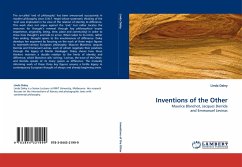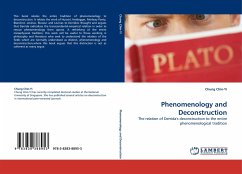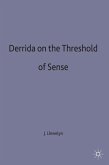The so-called end of philosophy' has been announced successively in modern philosophy since G.W.F. Hegel whose systematic thinking of the end' was implicated in his view of the relation of identity to difference. This work does not argue against the end,' but rather locates the resources for thought's renewal through key philosophical tropes (experience, originality, being, time, place and community) in order to show how thought's end fails to arrive. When taken to its limits, rather than ending, thought opens to the inventiveness of difference. Daley develops her argument by focusing on the work of three major figures in twentieth-century European philosophy: Maurice Blanchot, Jacques Derrida and Emmanuel Levinas, each of whom negotiate their positions through the legacy of Martin Heidegger. Daley shows how these thinkers maintain a double relation to the limits of identity and difference, which Blanchot calls writing,' Levinas, the trace of the Other, and Derrida speaks of its many guises as différance. The mutually informing work of these three key figures assures a fertile legacy in contemporary European thought of always and already beginning anew.
Bitte wählen Sie Ihr Anliegen aus.
Rechnungen
Retourenschein anfordern
Bestellstatus
Storno








